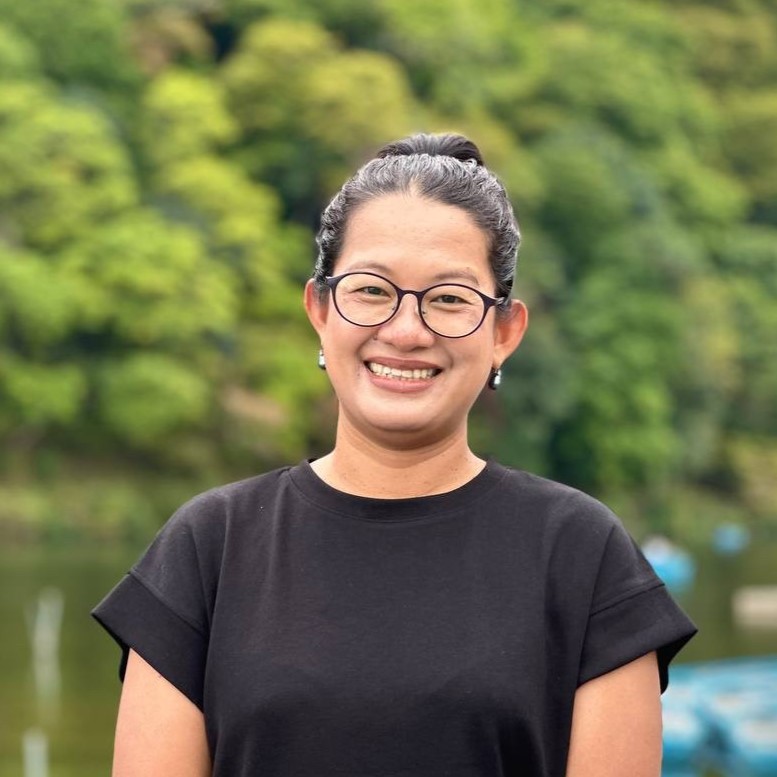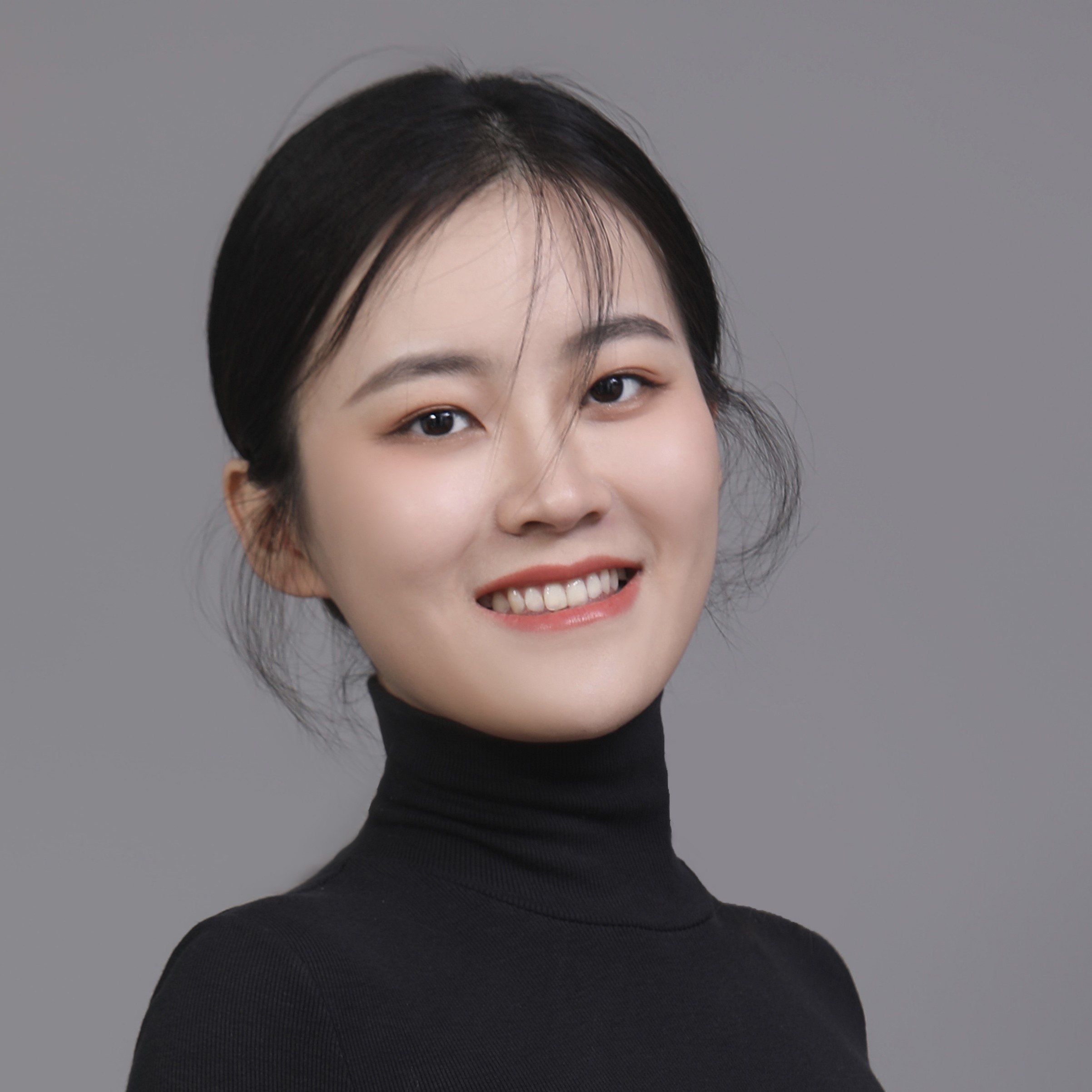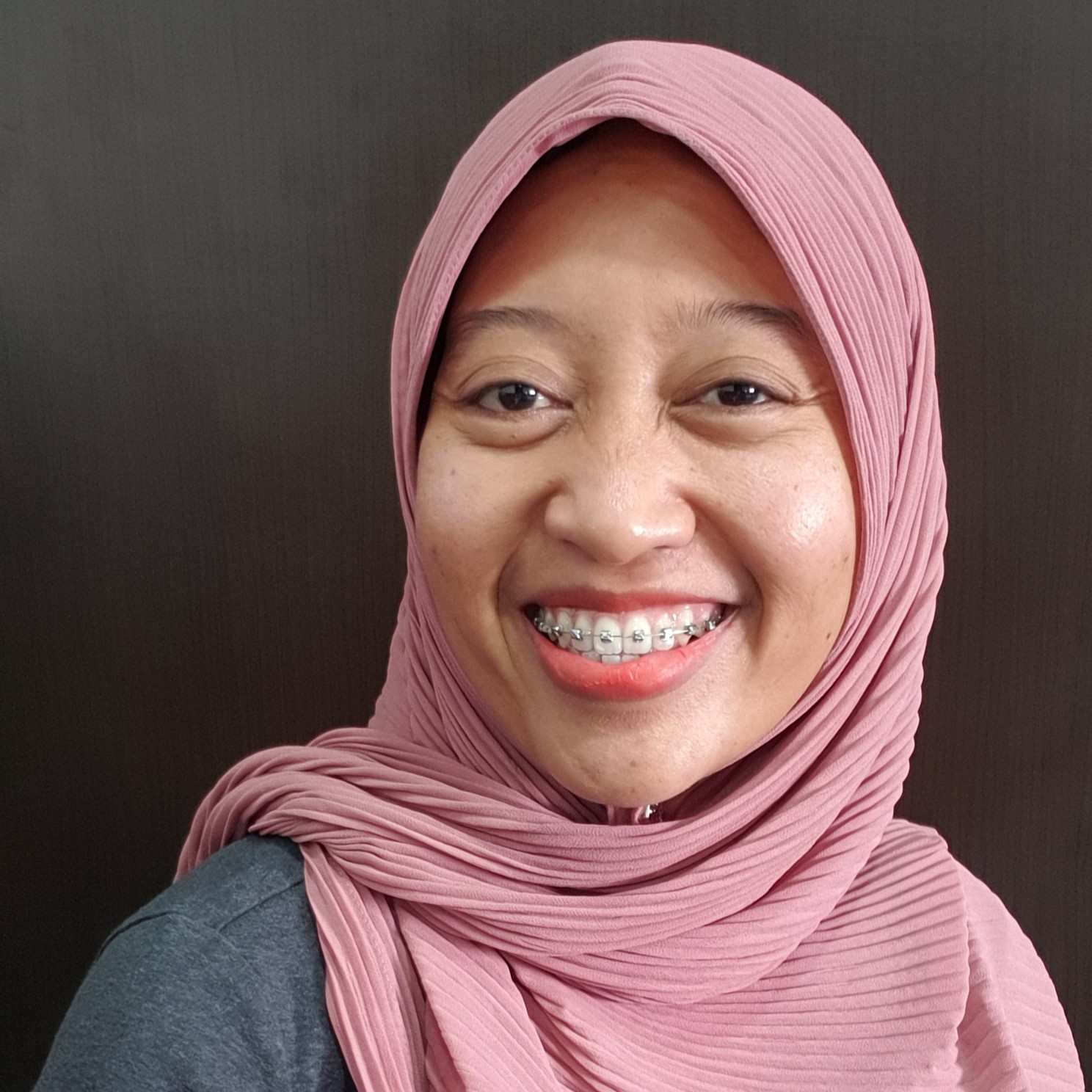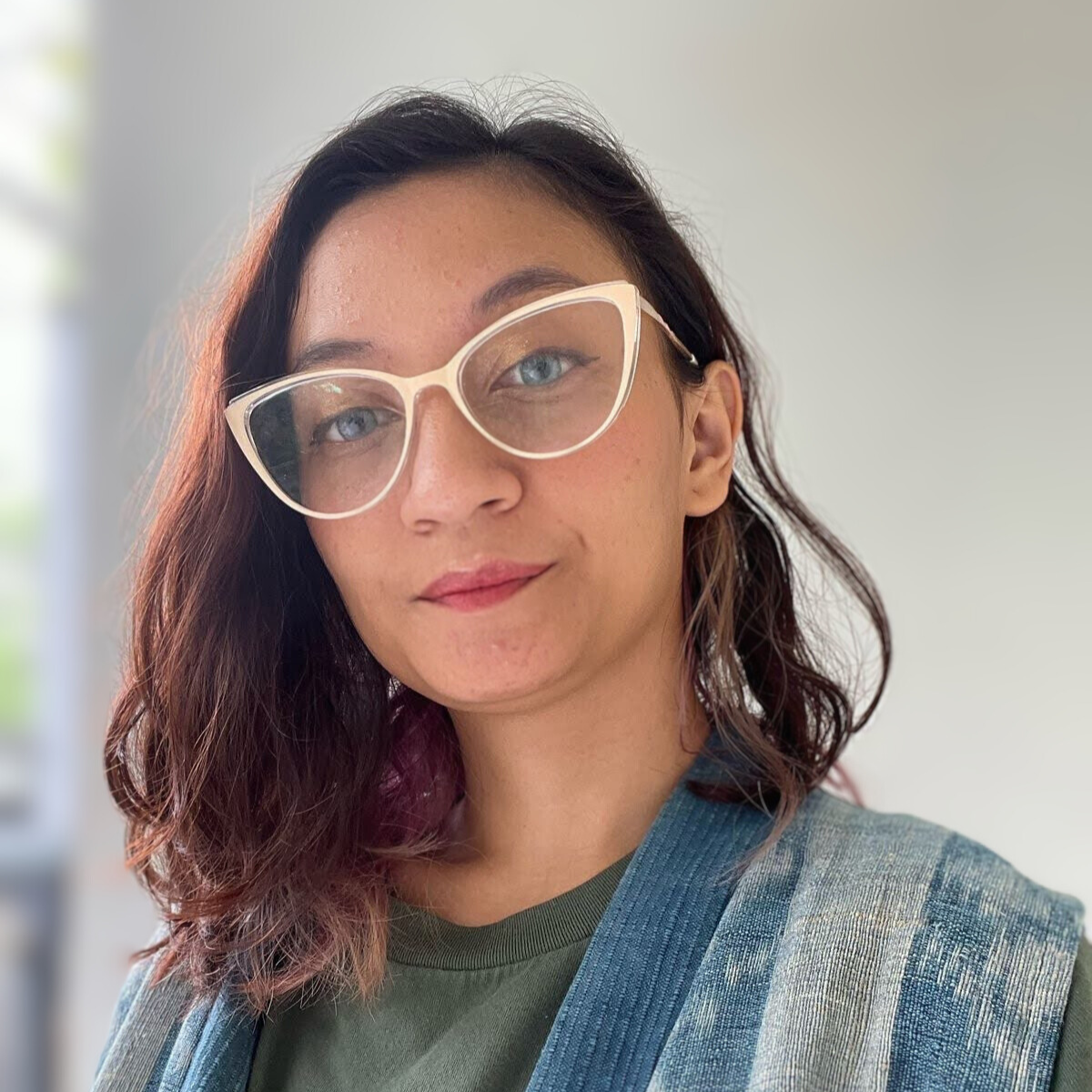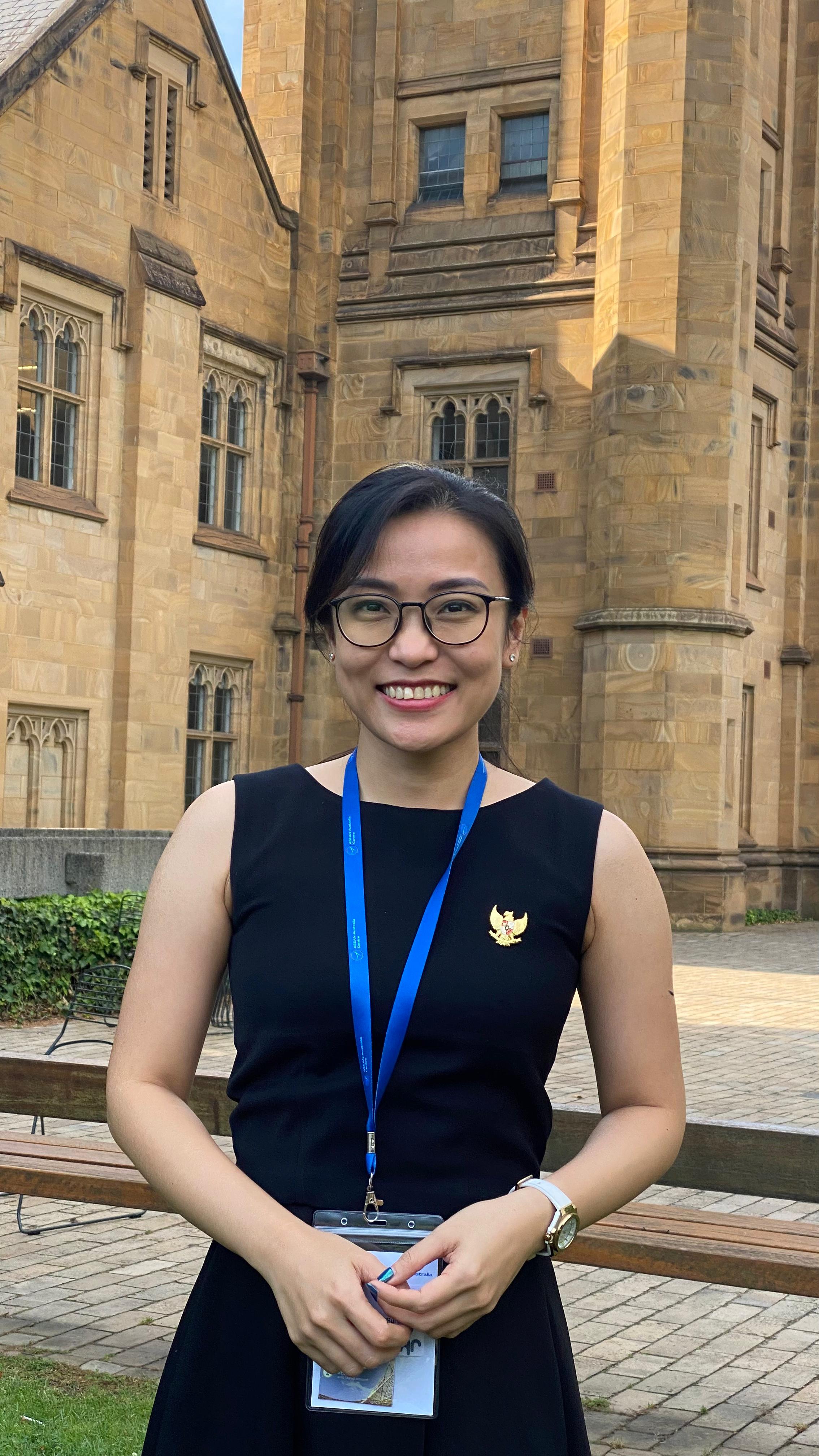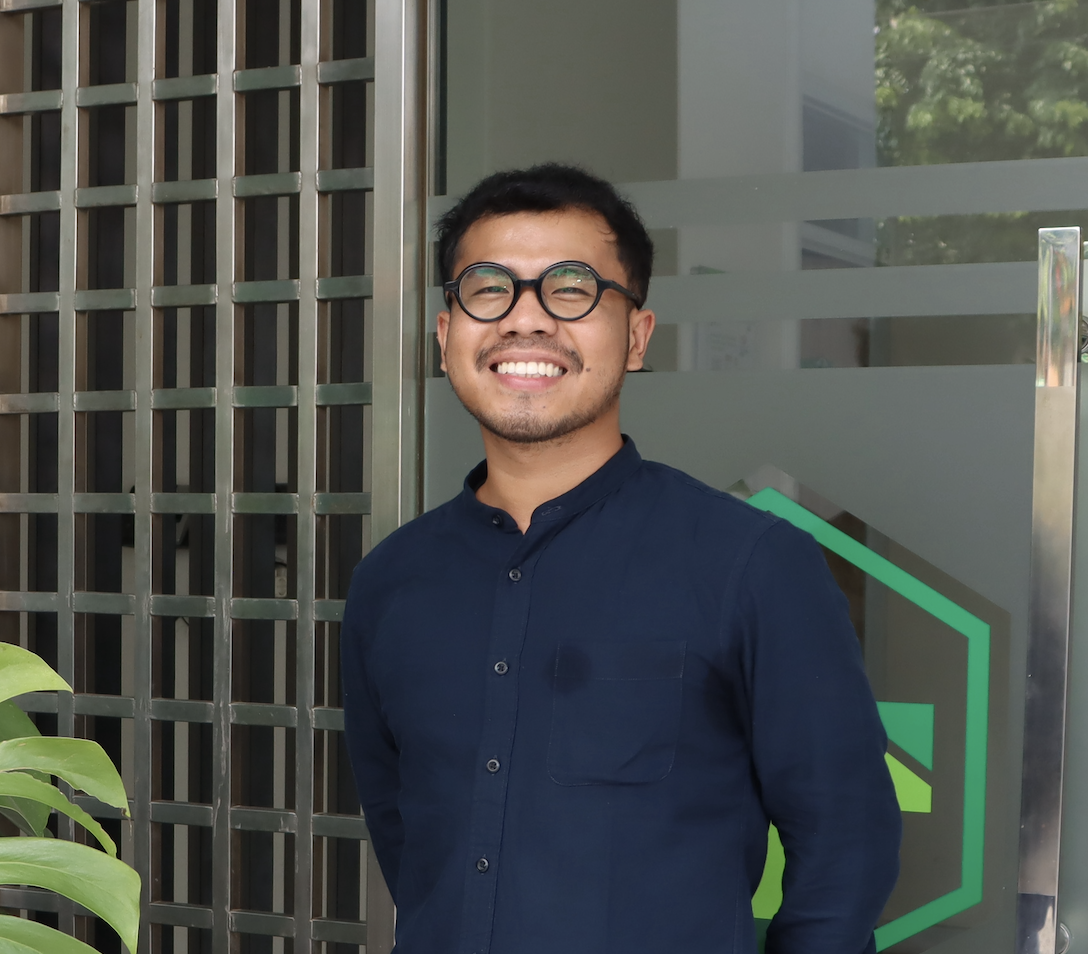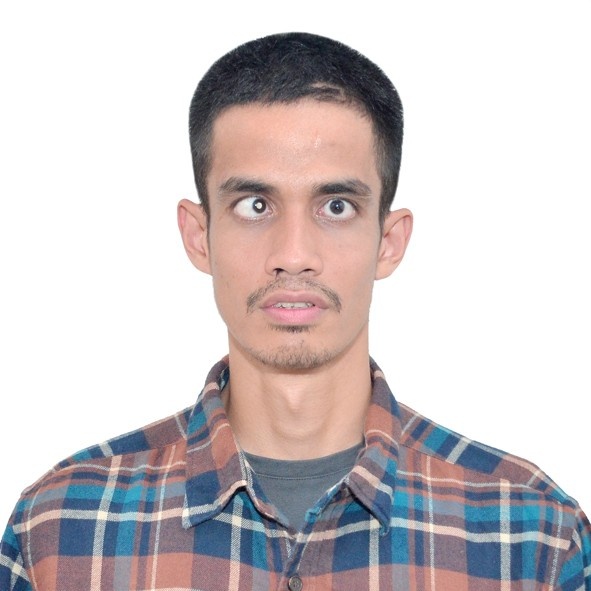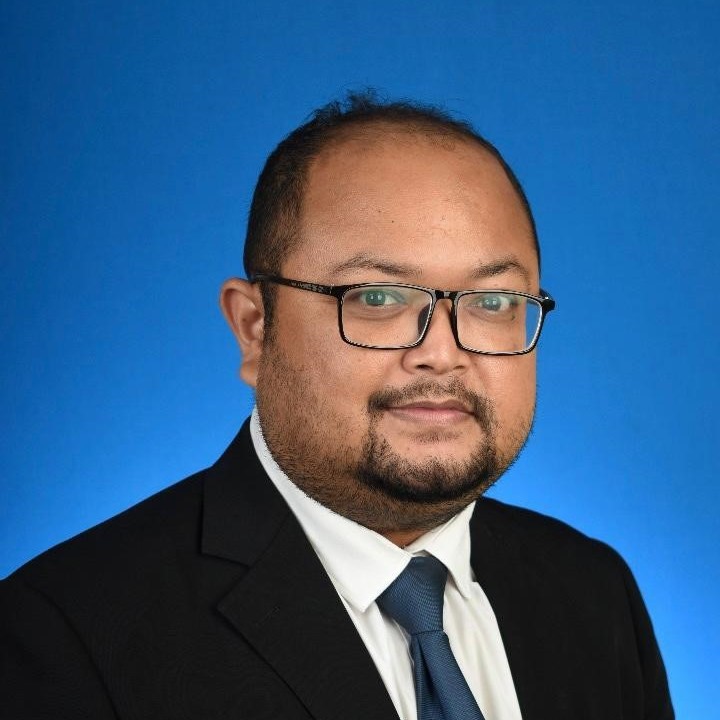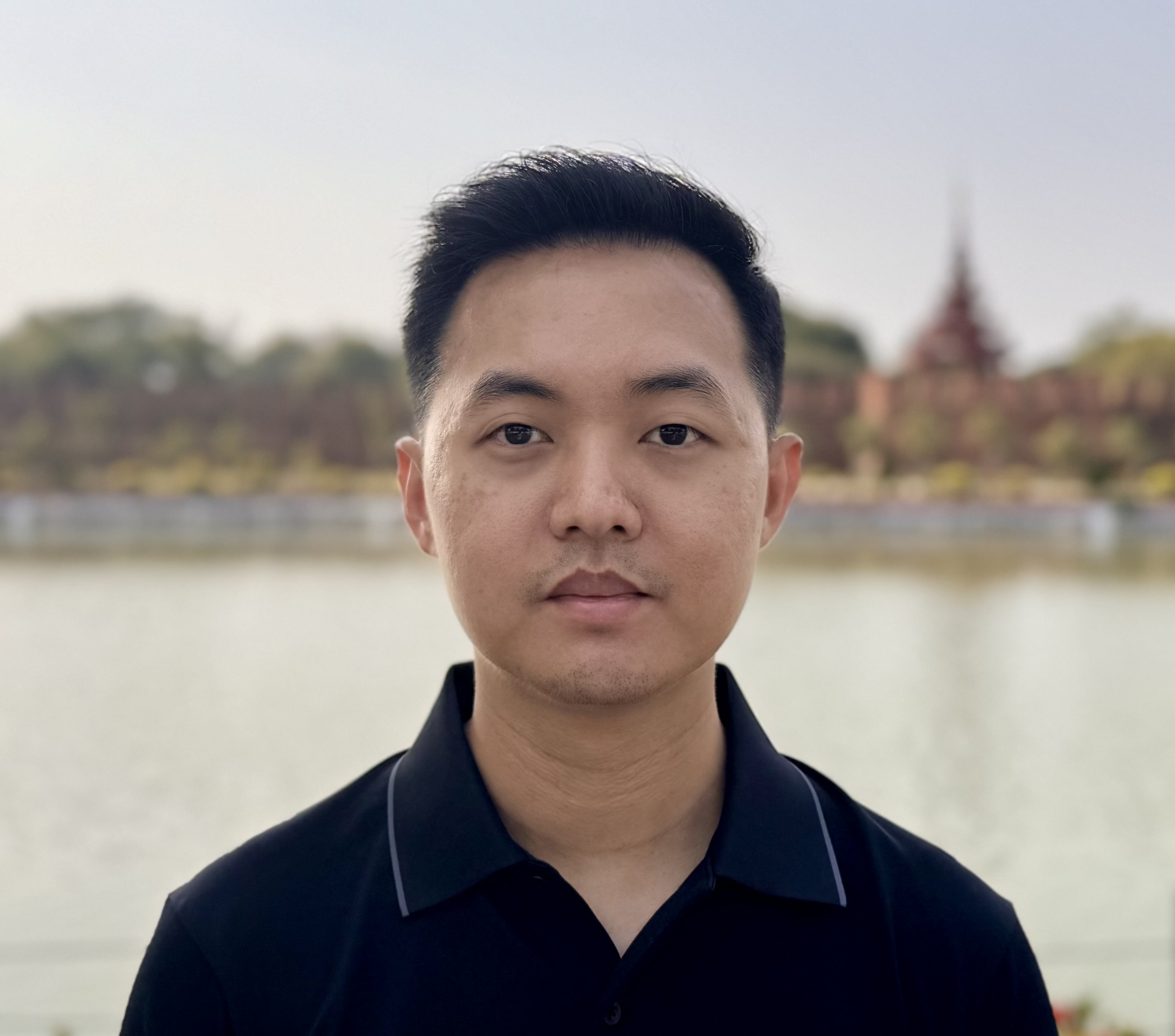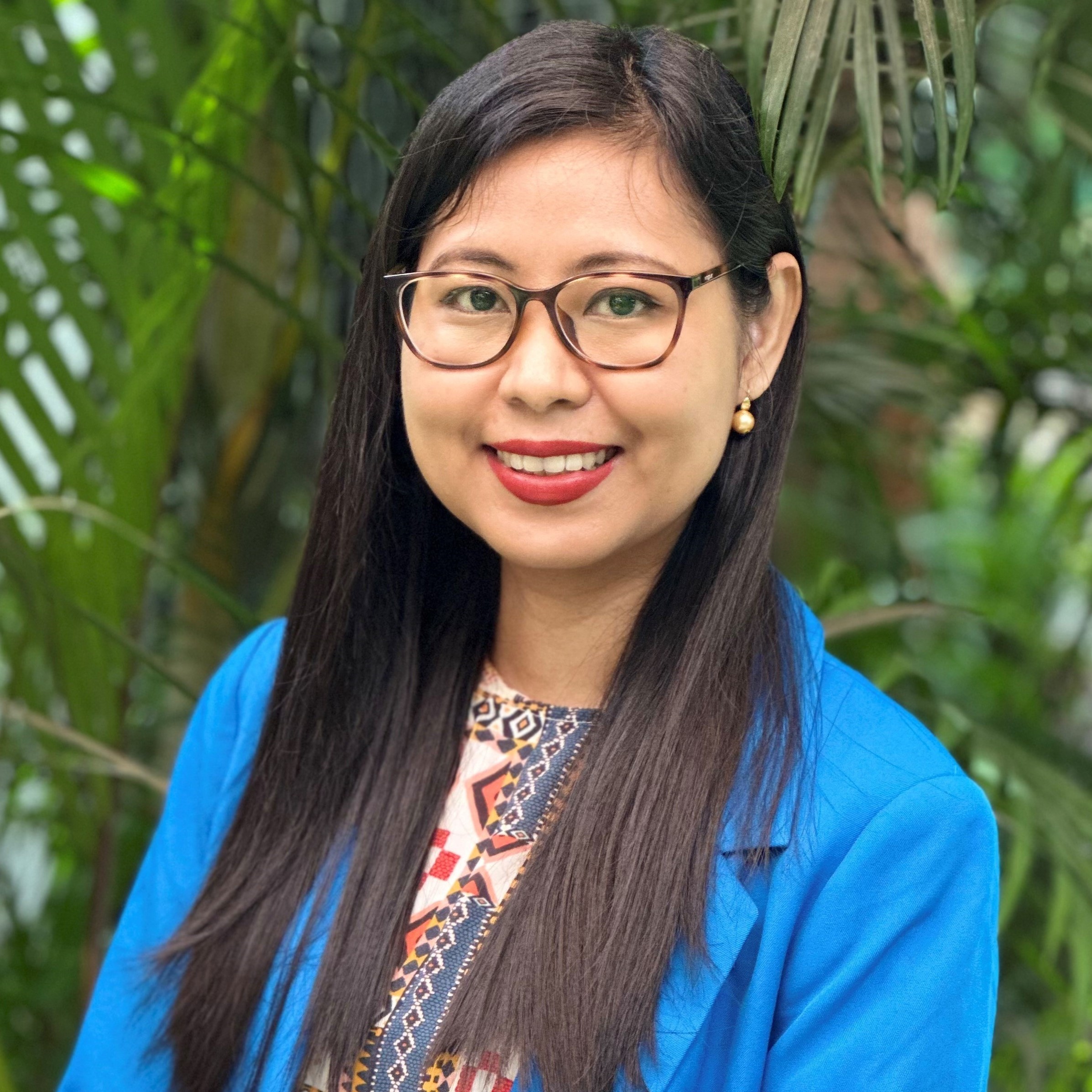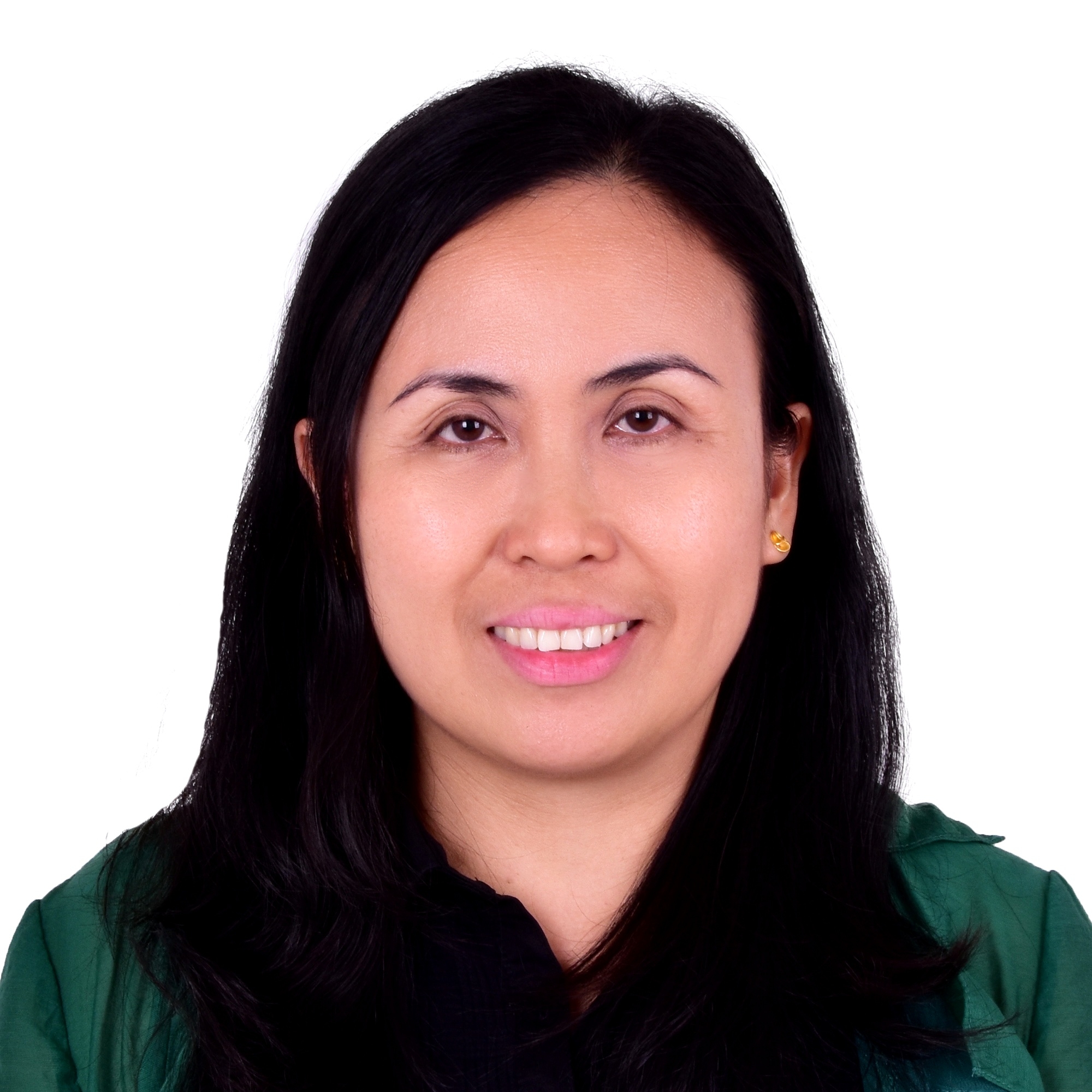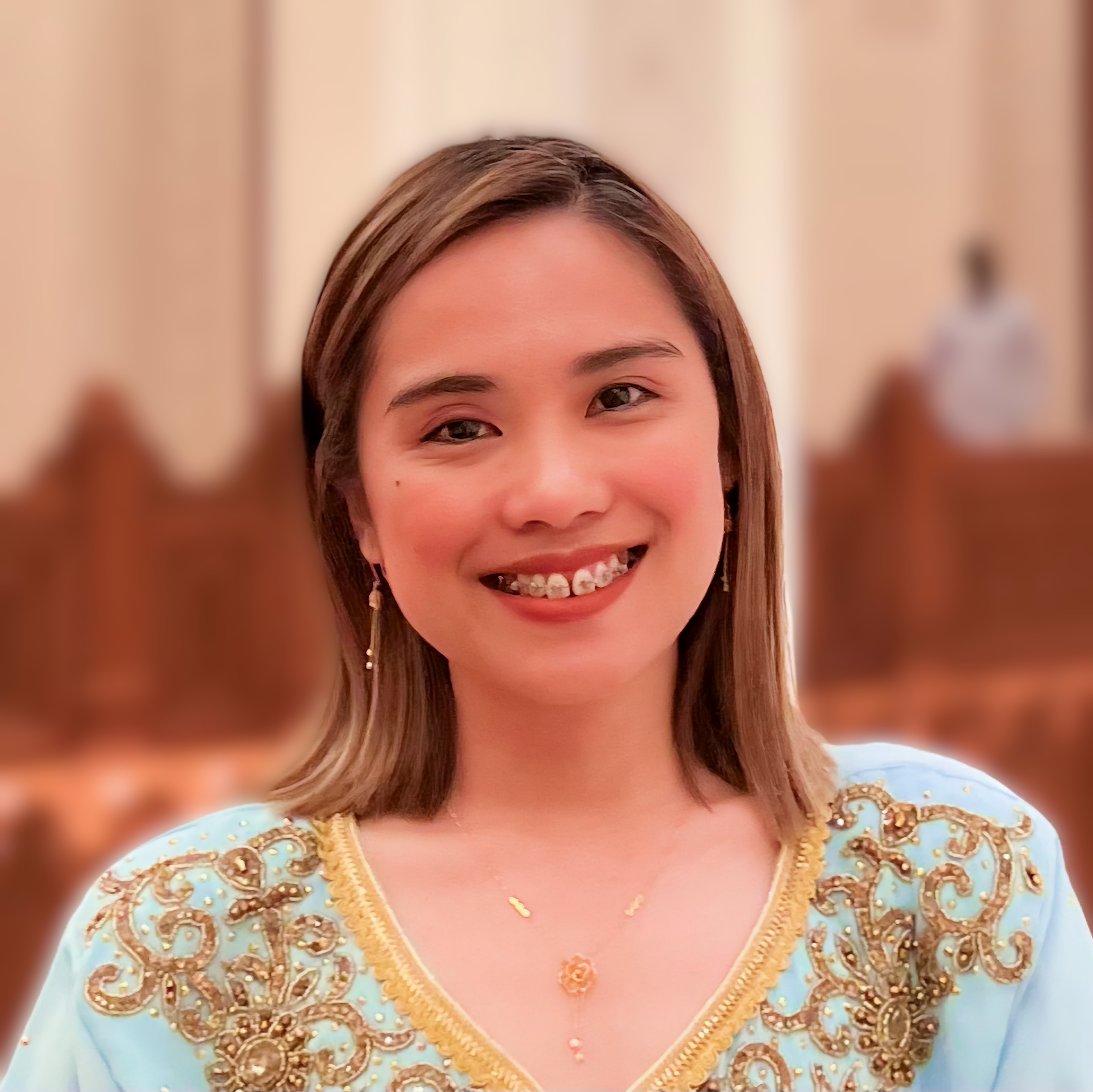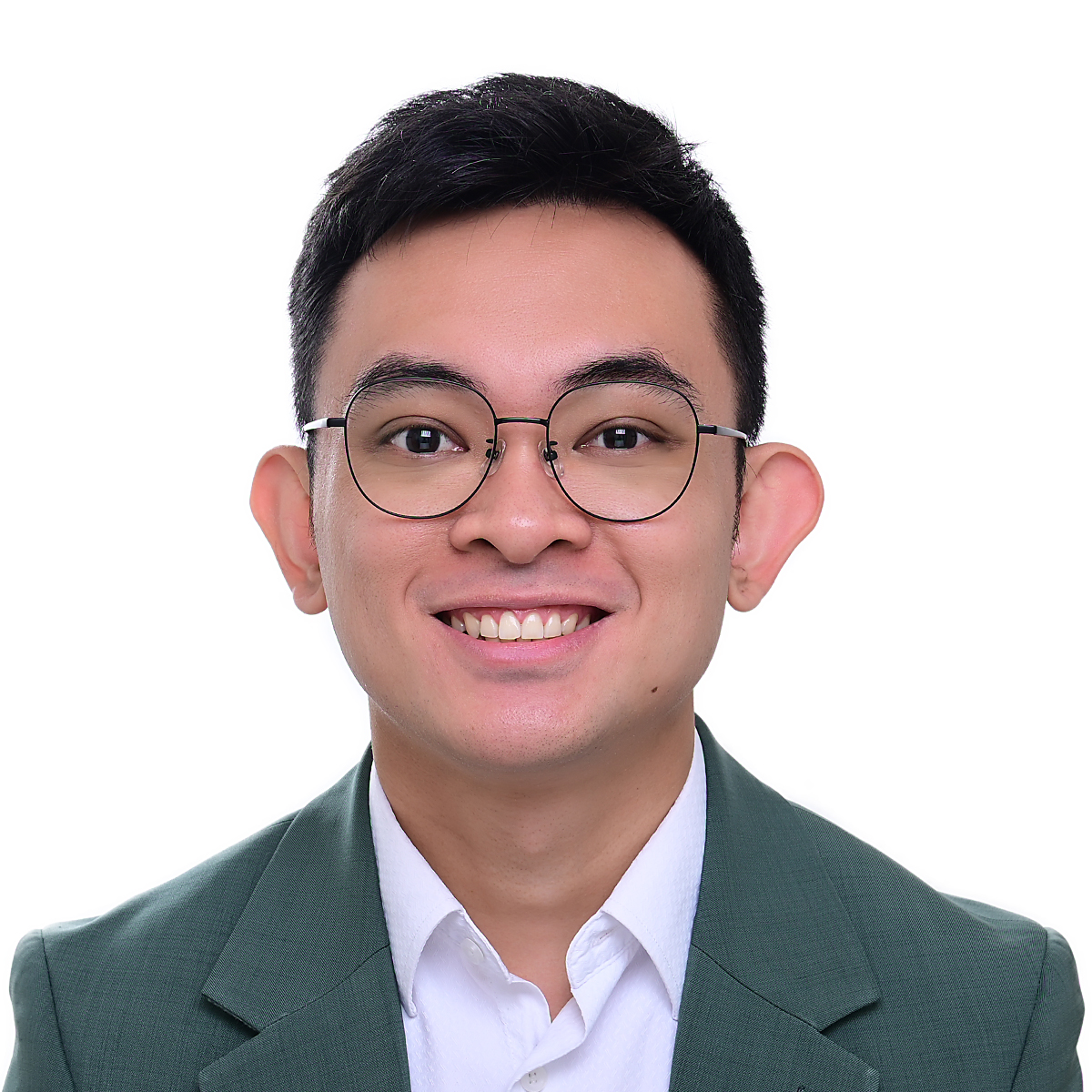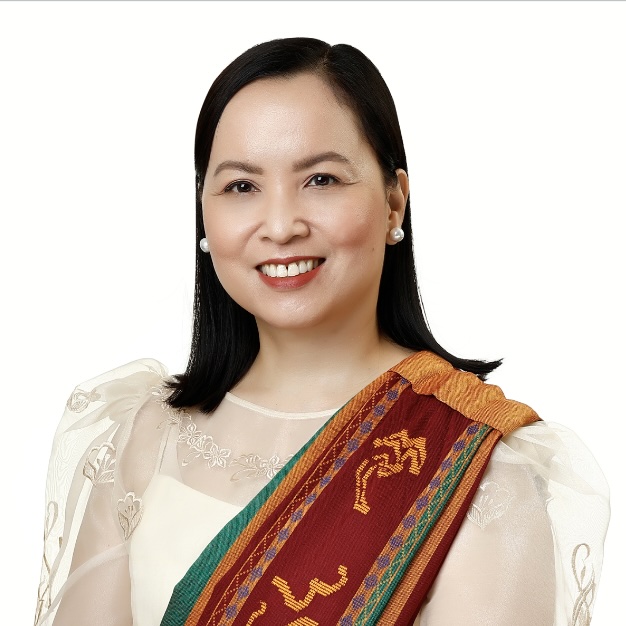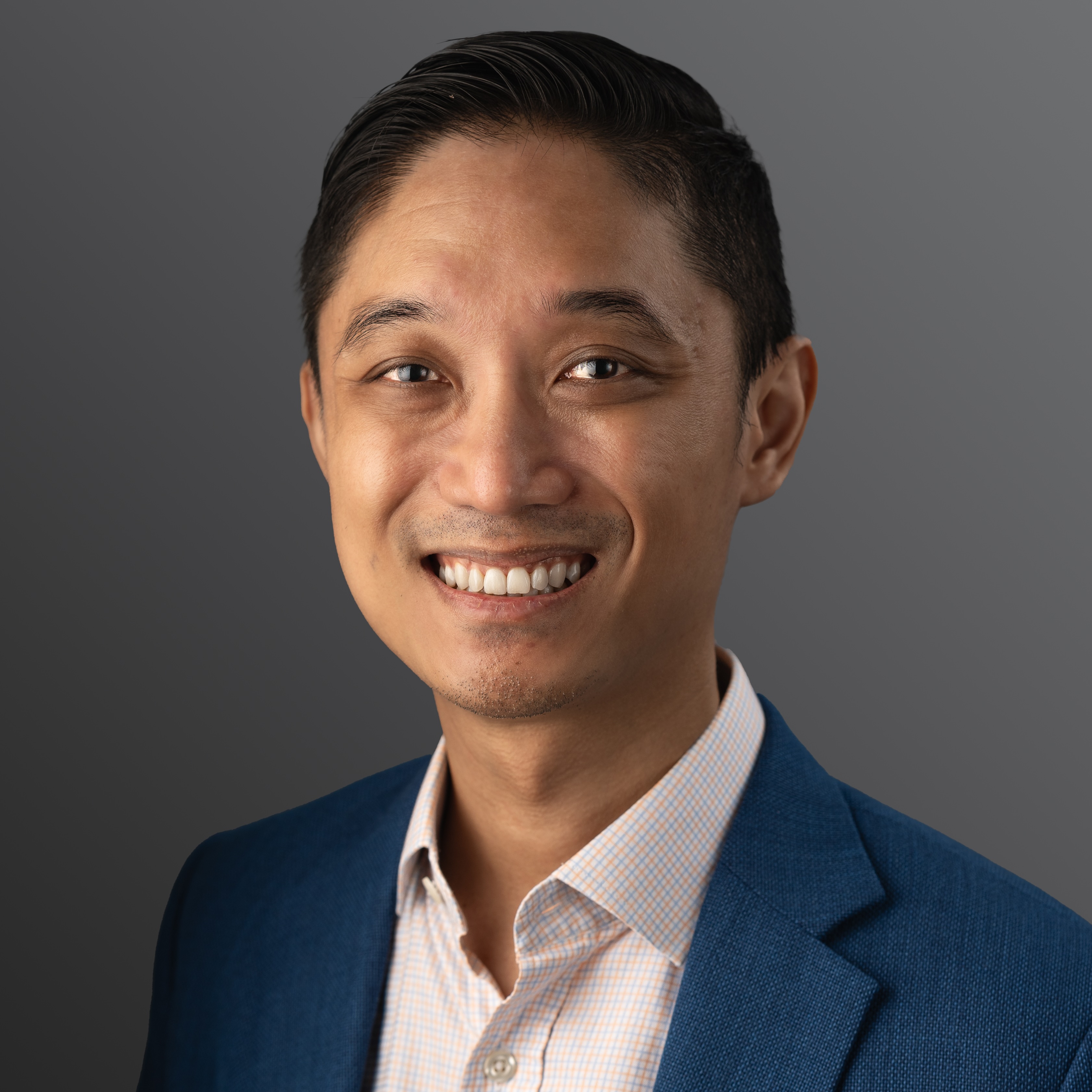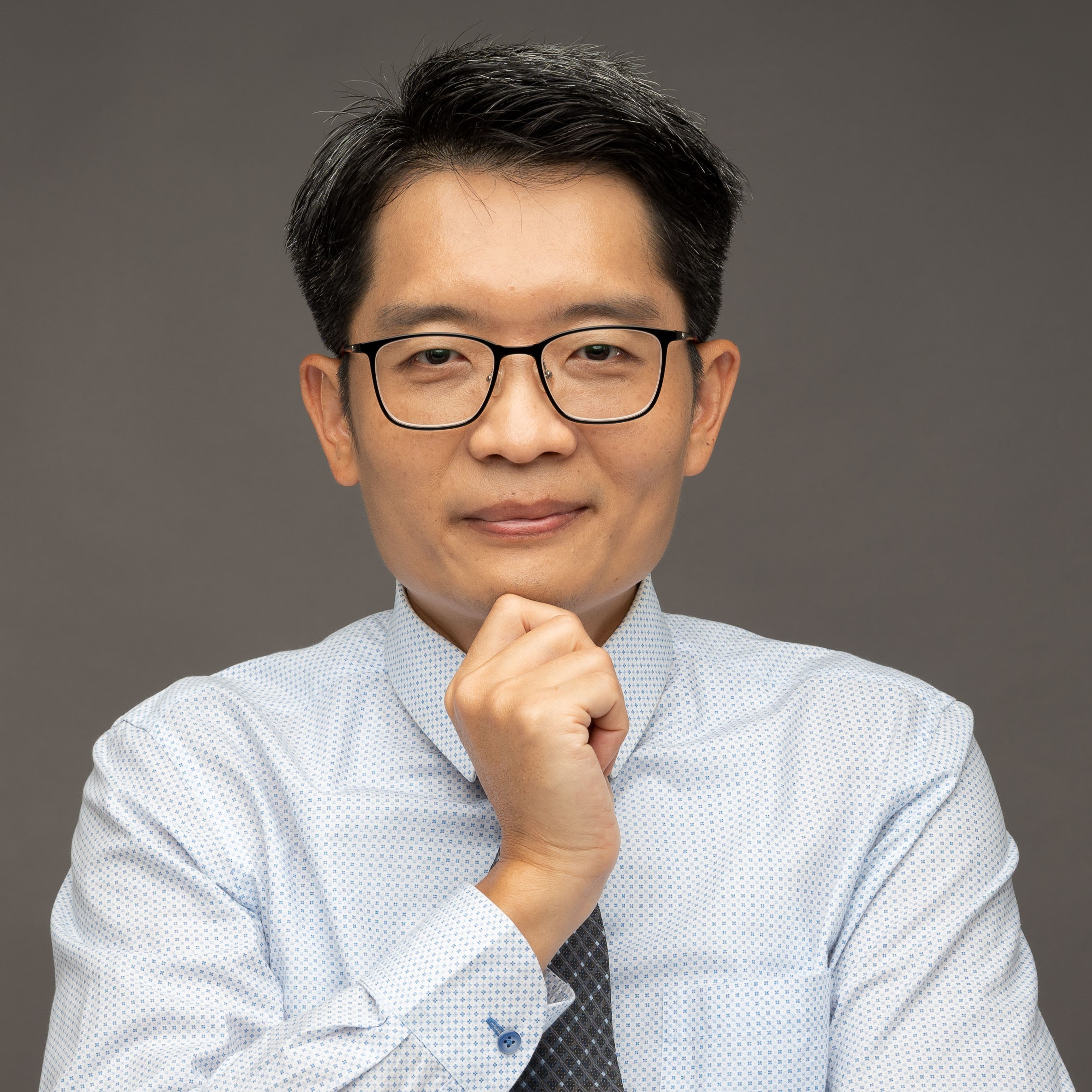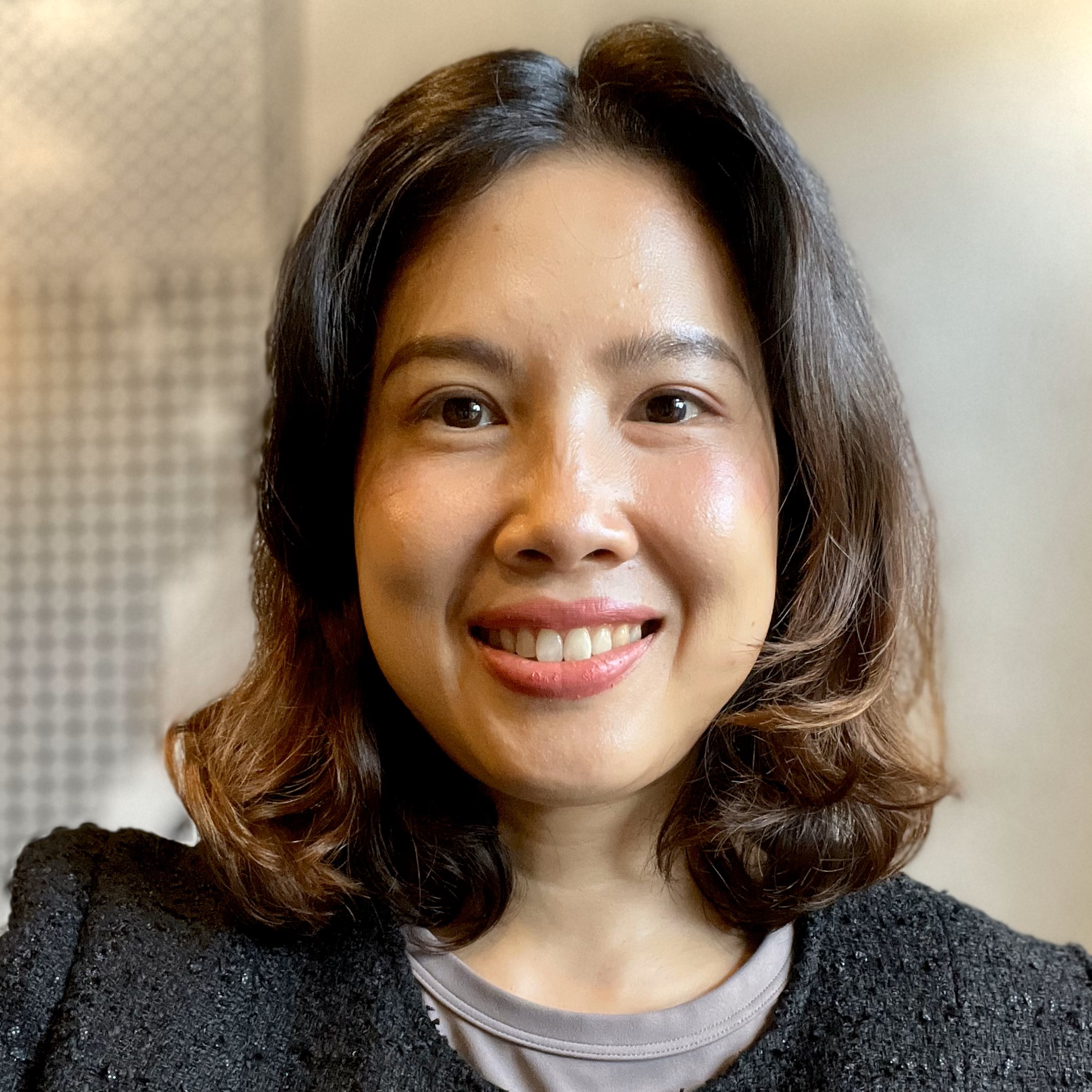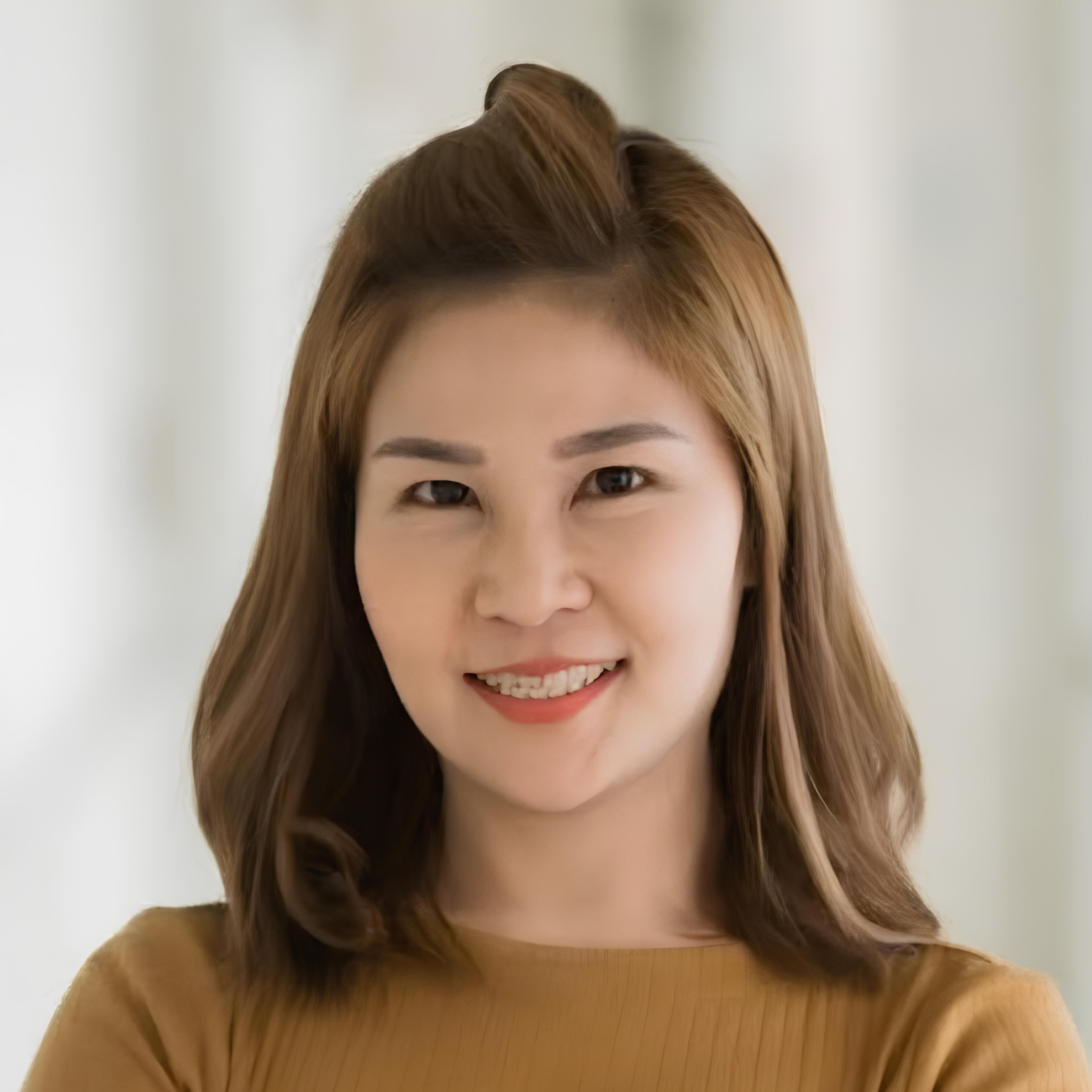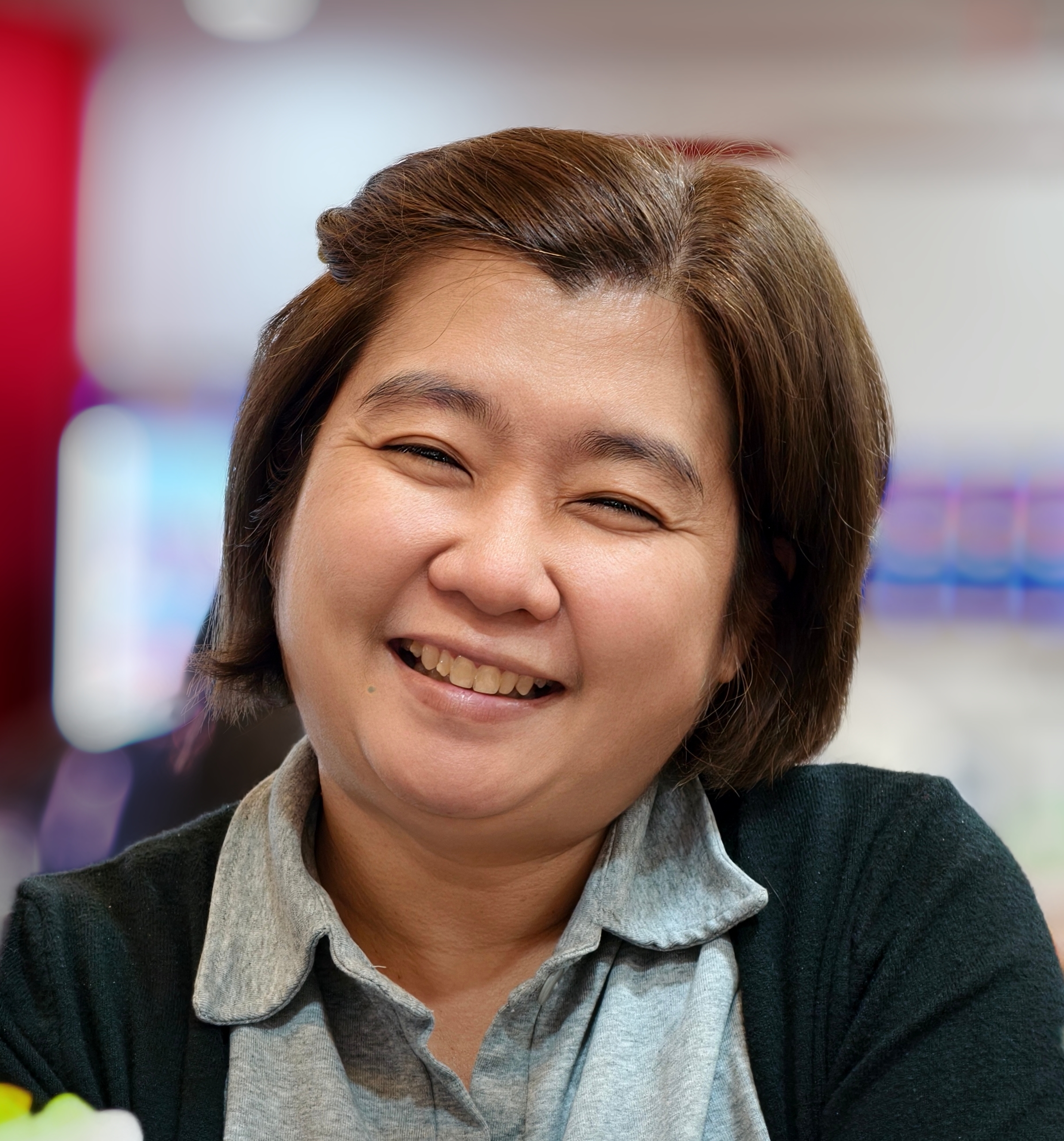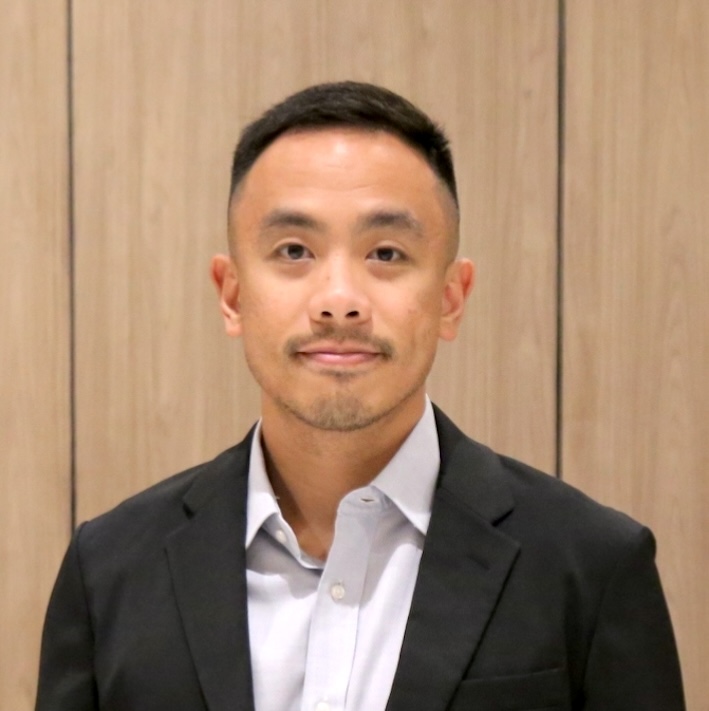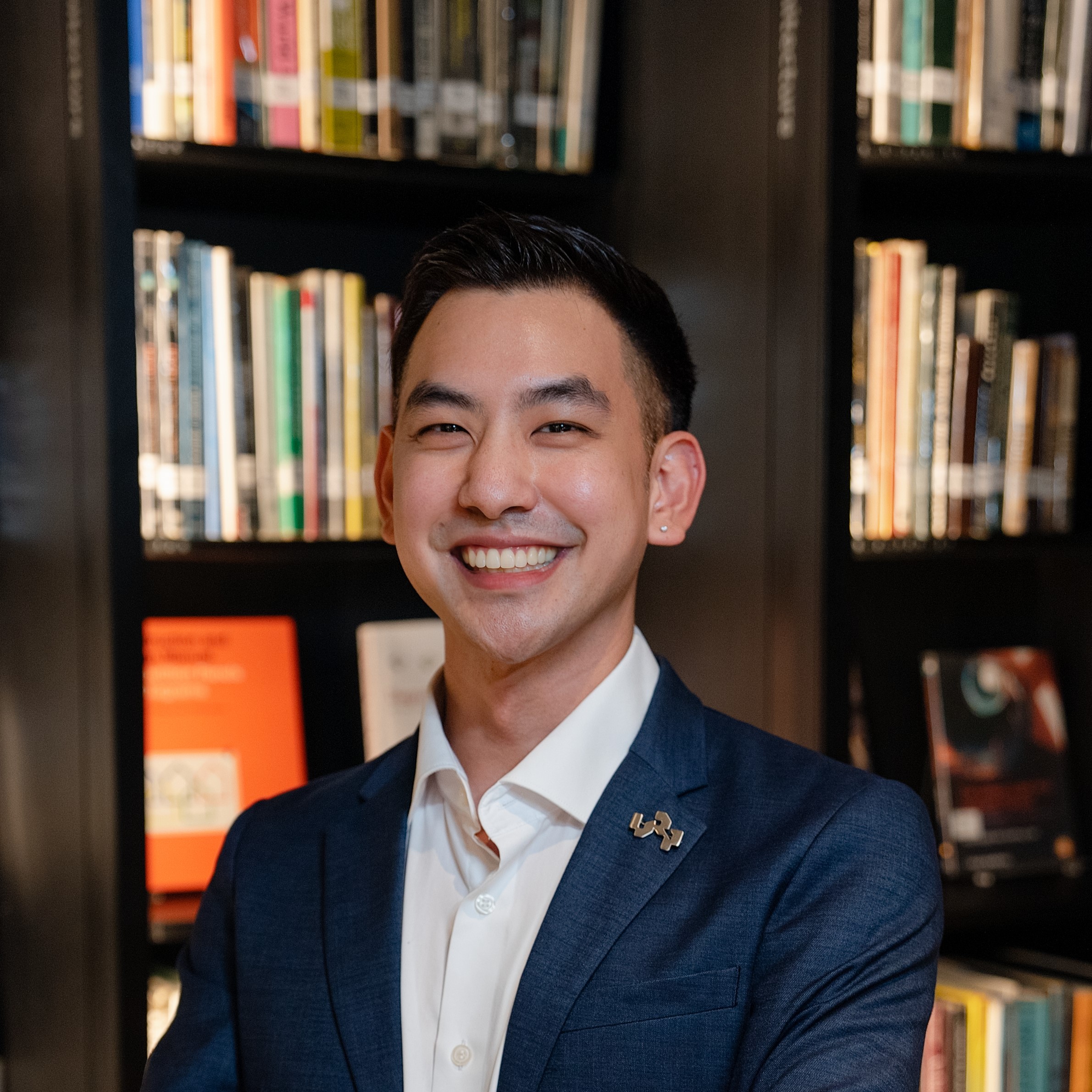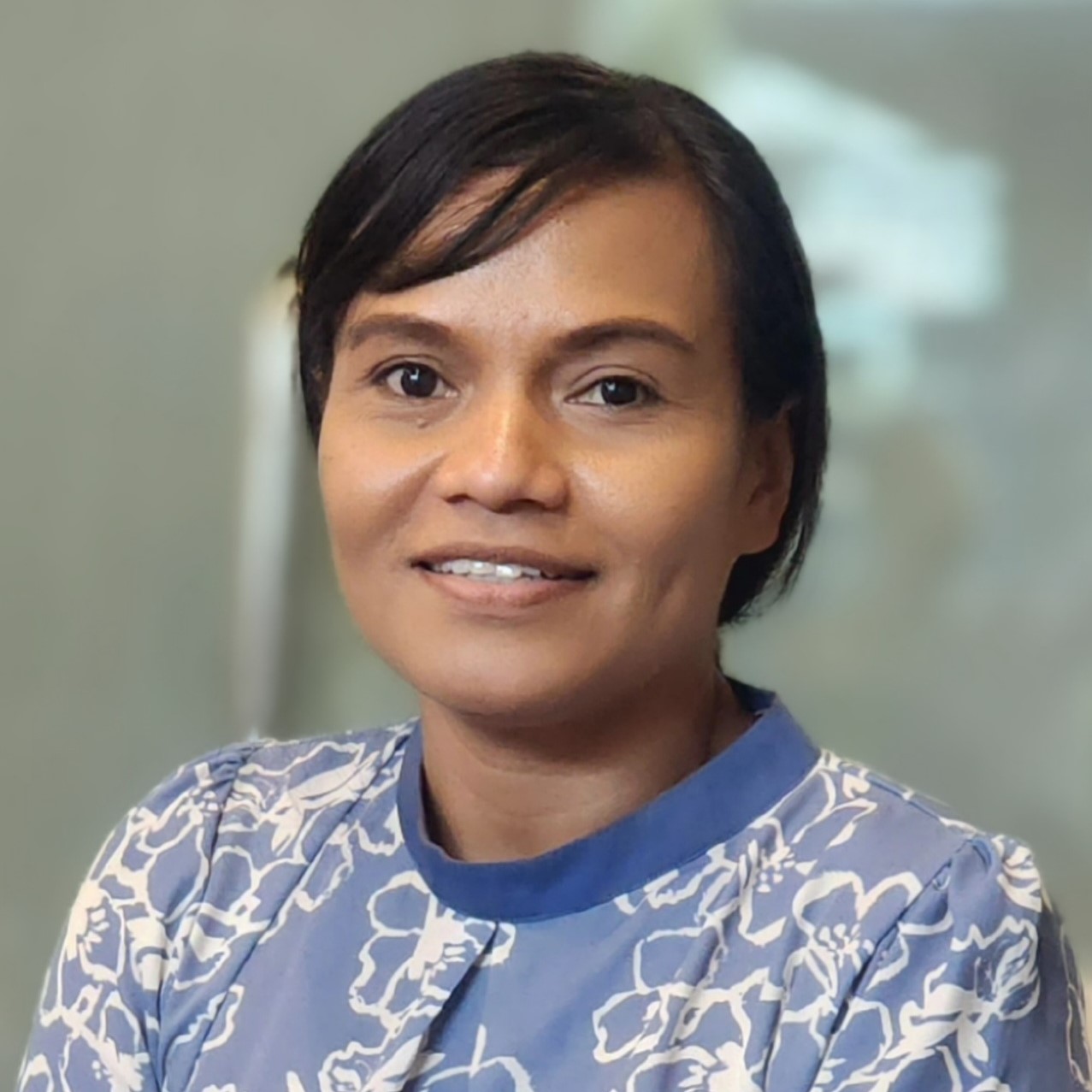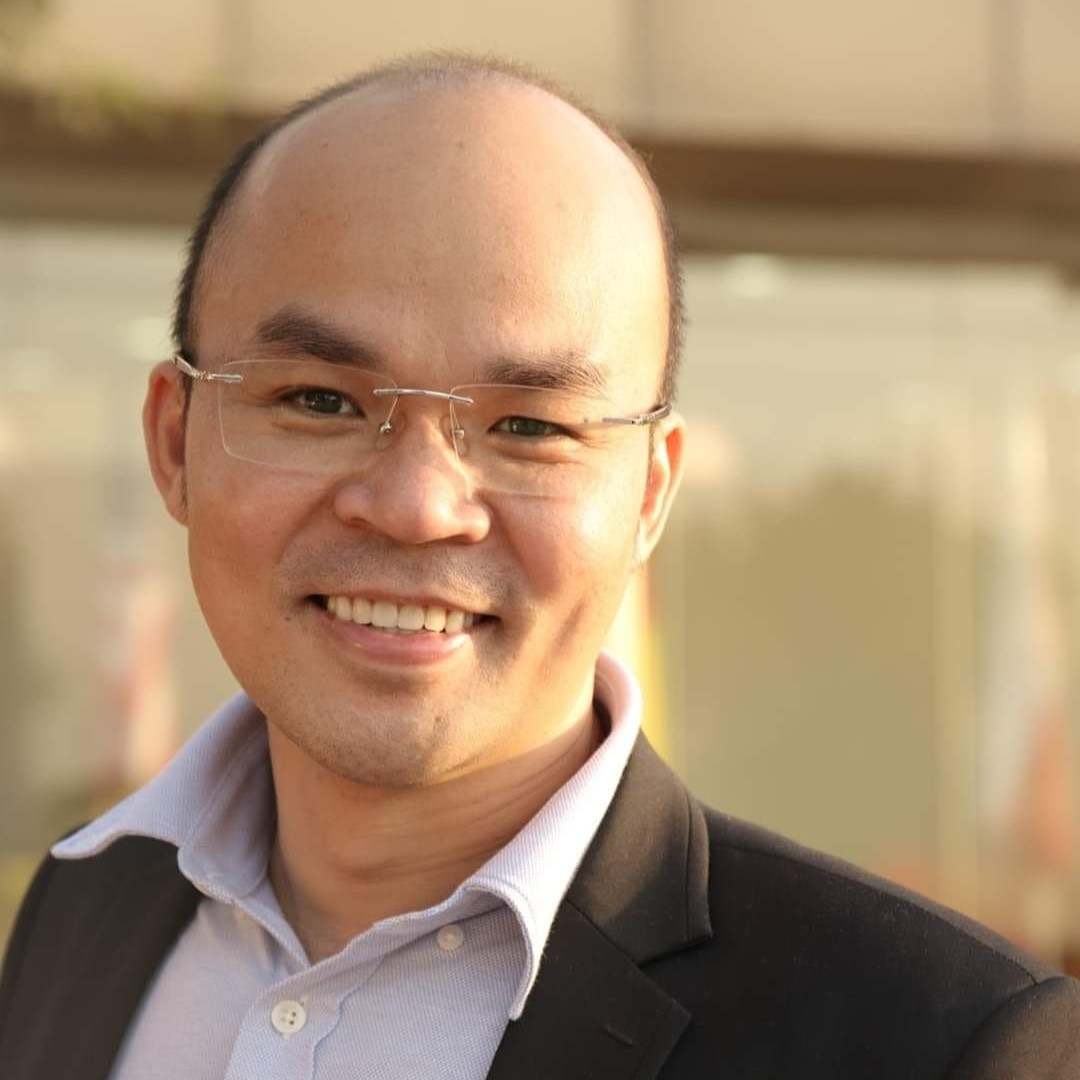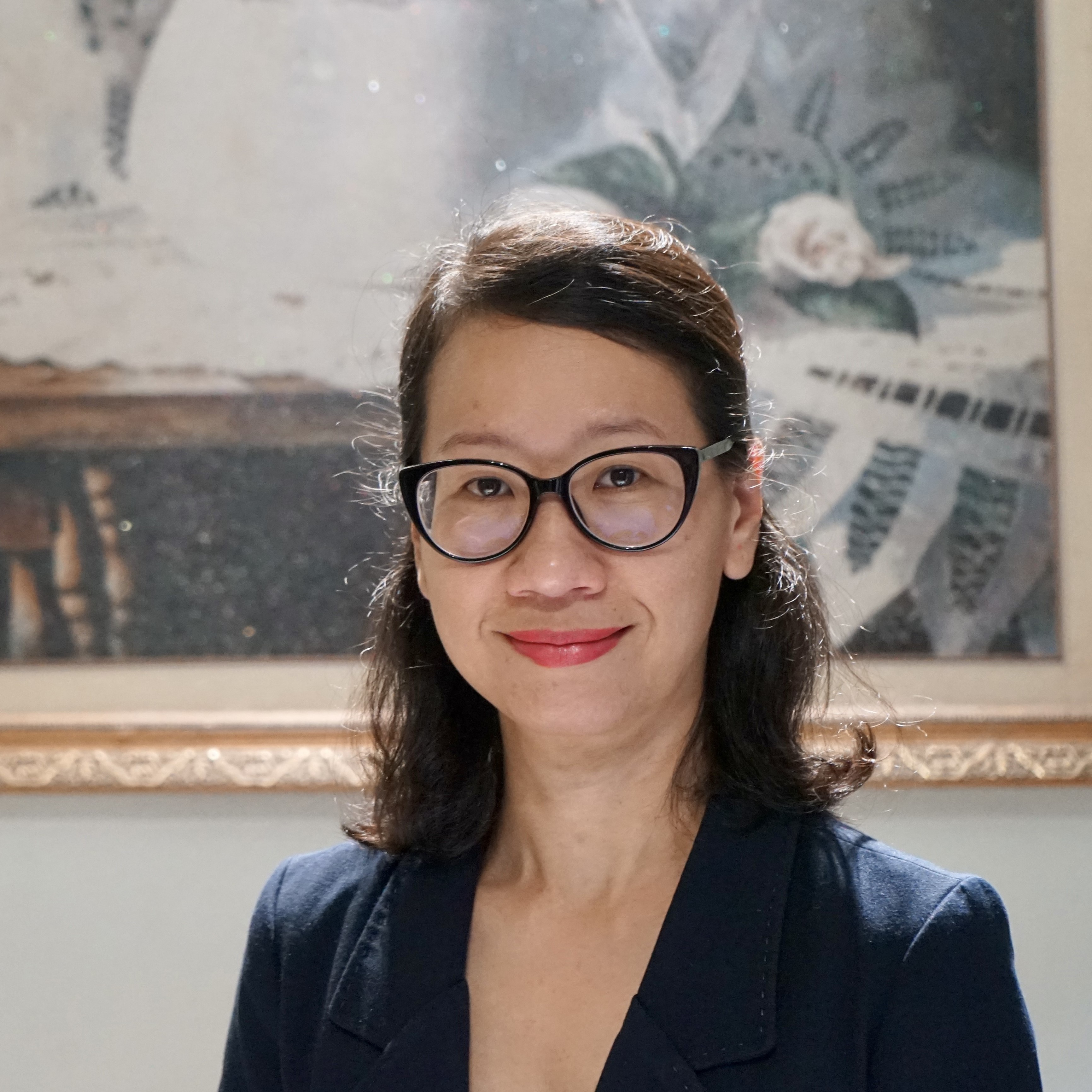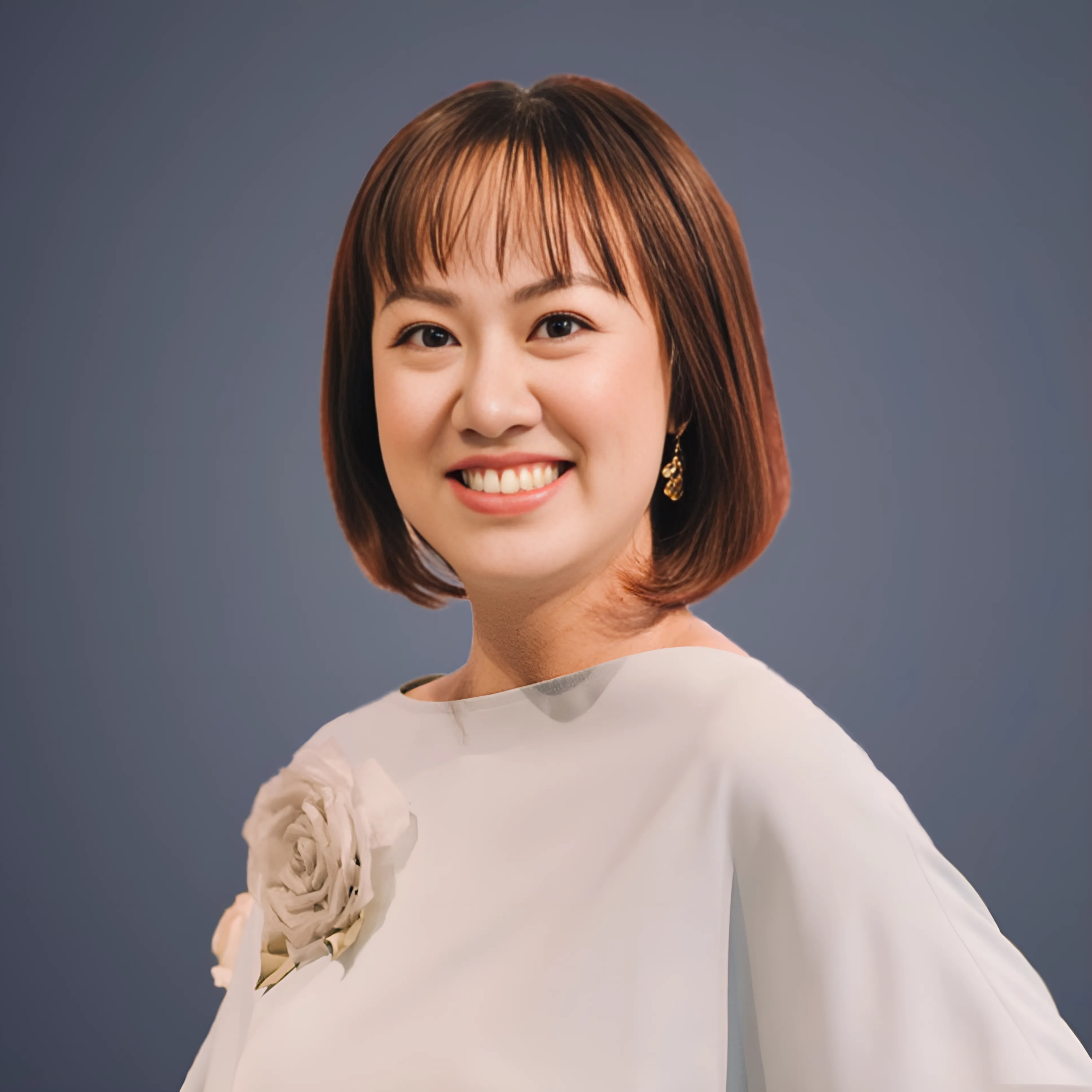
Our Fellows
The Equity Initiative Fellows are promising equity champions from a range of backgrounds, disciplines, and life experiences, who share a passion, determination and vision to advance social justice in health in Southeast Asia and China
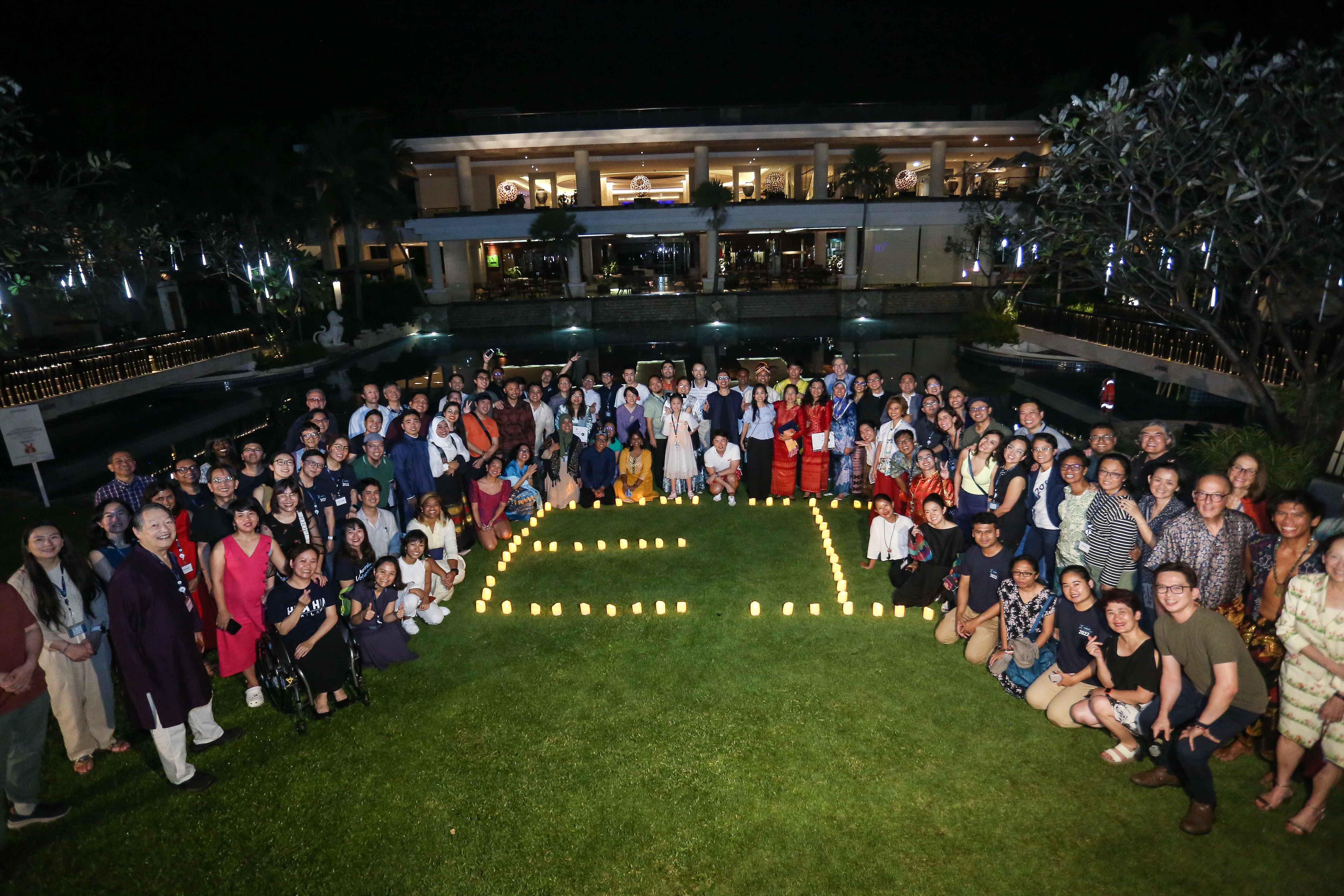
Fellows are dynamic emerging leaders with innovative ideas and the courage, conviction, and capacity to bring lasting improvements to their communities and the world.
Fellows are working to tackle some of the today’s most pressing issues in Southeast Asia societies and China such as: ensuring universal access to primary health care, and, addressing the pressing challenges of women and children, migrants and refugees, ethnic minorities, the poor and disadvantaged, and those ravaged by humanitarian crises. Read below how our Fellows are making a difference in the region!
Fellows

Pheana Sopheak
Cambodia
Socheata Sim
Cambodia
Zhang Cheng
China
Zhu Siji
China
Ayu Kartika Dewi
Indonesia
Ferena Debineva
Indonesia
Gabriella Sandranila Suryadana
Indonesia
Haris Apriyanto
Indonesia
Nur Syarif Ramadhan
Indonesia
Khonemany Innoukham
Laos
Phatsaline Vongsaly
Laos
Zulkhairul Naim bin Sidek Ahmad
Malaysia
Nyein Chan Oo
Myanmar (Burma)
Ye Naing Win
Myanmar (Burma)
Ei Thant Khing
Myanmar (Burma)
Ana Leah Cuizon
Philippines
Apple Charm Agulto
Philippines
Christian Edward Lim Nuevo
Philippines
Katherine Ann V. Reyes
Philippines
Alfred Poon Jun Haw
Singapore
Phua Wee Seng
Singapore
Jomkwan Yothasamut
Thailand
Kanang Kantamaturapoj
Thailand
Phuricha Chaivirach
Thailand
Polwish Subsrisunjai
Thailand
Pongpisit Huyakorn
Thailand
Jonia Lourença Nunes Brites da Cruz
Timor-Leste
Ngo Thanh Nam
Viet Nam
Nguyen Quynh Anh
Viet Nam
Nguyen Thi Hoang Anh
Viet Nam

